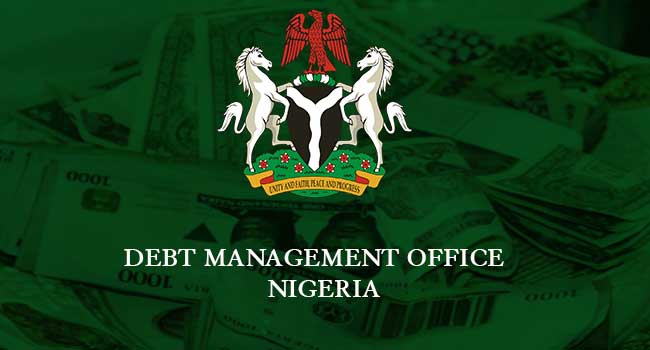In an exclusive interview with Okechukwu Unegbu, a former president of the Chartered Institute of Bankers of Nigeria, he emphasized the critical need for accurate dissemination of Nigeria’s debt profile. Unegbu expressed concerns about the potential repercussions of spreading false information, citing potential adverse reactions from global rating agencies and the vulnerability it could pose to the economy.
Unegbu underscored the pivotal role of the Debt Management Office (DMO) in coordinating the management of Nigeria’s debt. He implored media and stakeholders to direct debt-related inquiries to the DMO, the statutory body responsible for managing the country’s debt. Emphasizing the accessibility of information, he highlighted the DMO’s website as a reliable source for comprehensive details on Nigeria’s debt landscape.
Nigeria’s total public debt stock surged to N87.91 trillion (114.35 billion dollars) in September 2023, as reported by the DMO. This figure encompasses both domestic and external debts of the Federal Government, the 36 state governments, and the Federal Capital Territory, FCT. The marginal 0.61% increase from the previous quarter reflects a nuanced shift in the debt dynamics.
The DMO expounded on the intricate components contributing to this fluctuation. The decrease in external debt was attributed to factors such as the redemption of a 500 million dollars Eurobond and substantial repayments from the 3.4 billion dollars loan obtained from the International Monetary Fund (IMF) during the 2020 COVID-19 crisis. The conscientious servicing of these debts stands as a testament to the Federal Government’s unwavering commitment to fulfilling its financial obligations.
The convergence of Unegbu’s expertise and the DMO’s insights magnifies the importance of precision in reporting Nigeria’s debt situation. The overarching message resonates – accurate information is paramount in safeguarding the country’s economic stability and global financial standing. As Nigeria navigates its fiscal path, Unegbu’s call for responsible reporting and the DMO’s stewardship of the nation’s debt serve as beacons of prudence in a complex financial landscape.
